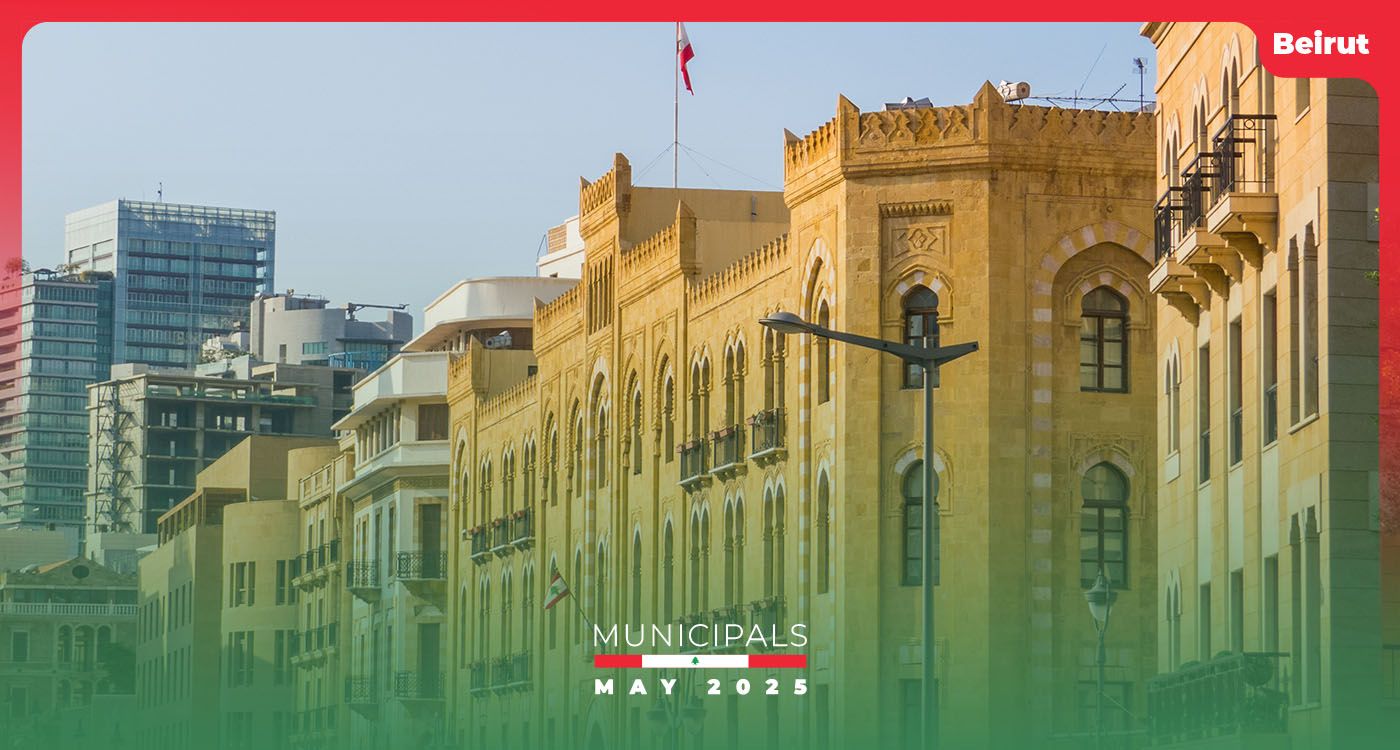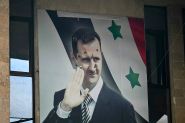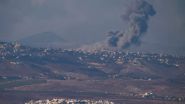
We spare no efforts when it comes to sugarcoating reality. Some moderate Muslim voices often repeat that a neighborhood without Christians is a neighborhood lost. Christians, in turn, echo such sentiments with phrases like “We stand together with Sunnis for a better Beirut.” But beneath the surface, the numbers tell a different story.
Sunnis alone make up half of Beirut’s population — excluding Shiites and Druze. Why, then, should this demographic weight be sacrificed in favor of Christians, who represent only a third of the population — and of whom just a quarter vote — meaning a quarter of a third, in exchange for disproportionate powers granted to the Mohafez?
Christians, for their part, argue that the injustices they face, when it comes to their rights, extend to the Beirut municipality. They often cite how it's impossible to repair a sidewalk in Achrafieh without also repairing one in Hamra.
As one observer commenting put it, while commenting on the calls to abolish political sectarianism, Lebanon is an inseparable confessional mosaic — a country where even desserts are assigned by religion: petits fours for Christians, maamoul mad for Sunnis.
Looking ahead, Beirut's municipal elections seem to offer only two paths: either a false parity imposed by default, or a rupture with longstanding customs. A break, however, could trigger an existential crisis for the city’s Christians.
In either case, the status quo cannot endure.
It is no longer acceptable for a single municipality to govern Beirut — a city that concentrates the country’s state institutions, major private companies and half of Lebanon’s population — while villages with fewer than 400 residents enjoy their own municipal councils.
The principles of balanced development and social justice flatly reject such logic — and so does the law.
Every proposal has its pros and cons. But the time has come to break the taboo around redrawing Beirut’s municipal map, and to stop equating it with the partitioning of the country itself.
Were it not for the civil war that split Beirut into East and West, the very notion of "East" and "West" wouldn’t carry such fearful weight today.
Beirut is bursting with talent, initiatives and projects. It is Lebanon’s wealthiest municipality, yet remains one of the most neglected and underdeveloped areas. The proof is that it was local NGOs that lit its streets with solar panels, restored homes damaged in the port explosion and improved conditions in its neighborhoods.
If parity does take place, it will be just another illusion in the long history of Lebanese political theatrics — akin to the cycles of appointments, nominations and sectarian deal-making. It would simply inject more sectarianism into development work, instead of liberating it from the grip of identity politics.
There is no shame in Achrafieh having its own municipality, just as Mazraa might. Nor is there shame in all these municipalities being brought together under a Beirut Federation, with a central council to coordinate development across different areas.
There is also nothing shameful in a district having a clear sectarian majority.
Does a Muslim living in Achrafieh not benefit from its development? And is a Christian who owns property in Ramlet el-Baida or next to UNESCO not entitled to a developed, well-maintained area — rather than being at the mercy of a municipal council trapped in a deadlock?
Break the taboo. Don’t wait another six years to resolve Beirut’s municipal issue. Local development cannot bear the weight of all the country's divisions.



Comments